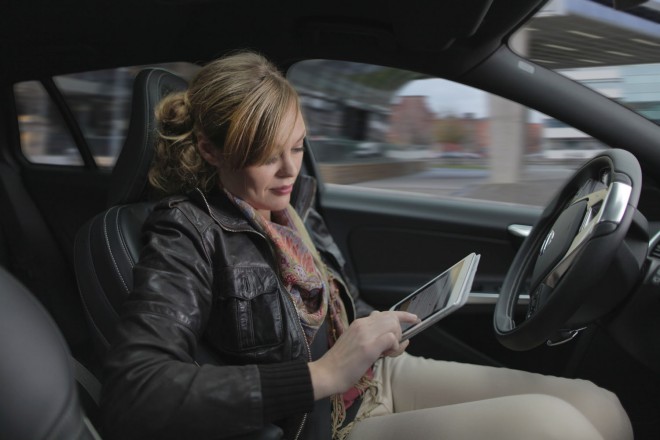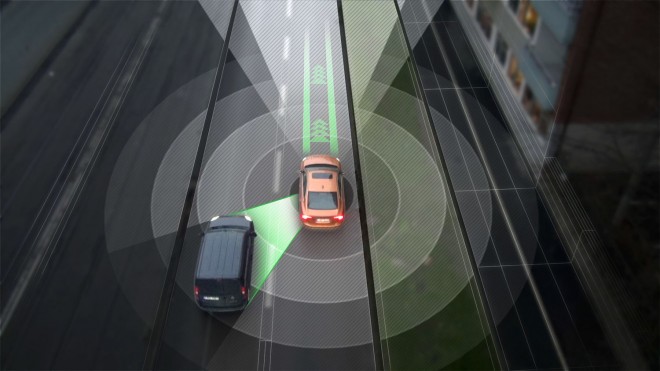Gothenburg ordered 100 unmanned vehicles by 2017

The administration of the Swedish Gothenburg believes that the future of transport lies in robotized cars. The mayor's office ordered a hundred unmanned vehicles from Volvo Cars as part of a contract worth 56.3 million euros . The project was partially funded by the Swedish Transport Administration.
The implementation of the experimental program Drive Me will begin in 2017. This will be the world's first large-scale experiment on the mass use of unmanned vehicles in urban environments.

')
The Volvo project was announced a short time after the other automaker Nissan promised to bring the platform for autonomous cars into commercial operation by the end of the decade, that is, by the end of 2020. Programs to create partially or completely unmanned vehicles were also announced by Ford, General Motors, Audi, Mercedes-Benz and BMW.
Currently, Google is the leader in the development of unmanned vehicles, which is testing several of these cars on general purpose roads in California and Nevada. They have already traveled about 500,000 km without a single accident . In Nevada, the authorities approved a sample of special license plates for cars running a computer.
However, Volvo’s project is the most ambitious. In three years, 100 cars without drivers will appear on city streets, checking not only the map control, taking into account road markings, but also the interaction with each other (car Internet type V2V).
“Autonomous vehicles are an integral part of Volvo Cars, because the Swedish government is committed to ensuring zero road fatalities,” explains President and CEO Hakan Samuelsson.
Over the next year, drivers will be identified to participate in the pilot program - ordinary residents of Gothenburg. Each of them will receive an unmanned vehicle in control in order to test the operation of mechanisms in real conditions on general roads. At the first stage, it will be possible to switch on autopilot only on 50 km of selected sections of roads in the suburbs, in the city center and on the highway. Cars will also automatically park. According to the test results, Volvo will determine what adjustments and improvements need to be made in the autopilot mechanism, how the transport infrastructure should be changed for them, and how computer management affects driving efficiency and fuel economy.
At the same time, already in 2014, Volvo is going to launch the XC90 model with partial autopilot, as in the latest Mercedes-Benz S-Class . It can move without driver participation, keeping in the center of the lane and keeping a distance behind the vehicle in front.
Presentation of the project Drive Me
2:26 min, Quicktime H264, 16: 9, 1920 x 1080, 184 MB
Technical expert Eric Köhling talks about Volvo autonomous cars.
2:06 min, Quicktime H264, 16: 9, 1920 x 1080, 56 MB
An art sketch about how a normal human day will look like in the future
1:49 min, Quicktime H264, 16: 9, 1920 x 1080, 48 MB
Source: https://habr.com/ru/post/204764/
All Articles